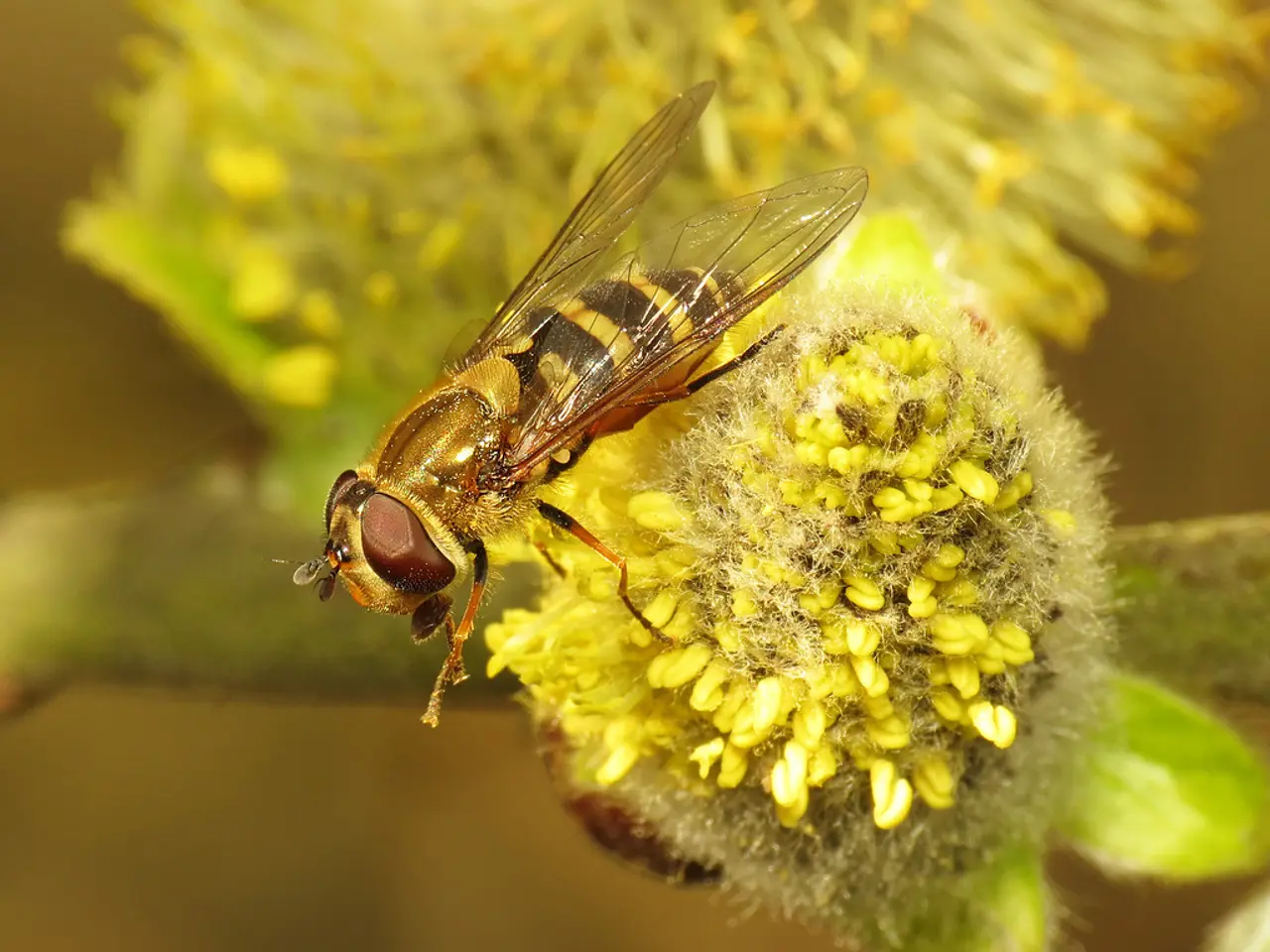Fruitful Advantages of Beets: Essential for Promoting Health and Warding Off Diseases
Beets, with their vibrant red hue, are more than just a colourful addition to your plate. They are a powerhouse of nutrients that offer a range of health benefits, particularly in the areas of heart health, cancer prevention, and cognitive function.
Rich in nitrates, beets can improve muscle function in patients with heart failure. Consuming just 8 ounces of beet juice can lower blood pressure by 10mm Hg, and drinking beet juice can increase breath nitric oxide by 25-50%, improving endurance and oxygen uptake [1][2]. This nitric oxide production is enhanced by beneficial bacteria in the mouth that convert beet-derived nitrates into nitrites, precursors to nitric oxide.
Improved blood flow and reduced blood pressure help lower cardiovascular risk, a key factor in heart disease. Additionally, beets contain antioxidants and anti-inflammatory compounds that may reduce oxidative stress and inflammation, processes involved in cancer development and Alzheimer's pathology [3].
Recent research has shown that in older adults, beet juice consumption significantly lowers blood pressure by increasing nitrate and nitrite levels in the blood via the oral microbiome's action [4]. This change in the oral microbiome, promoting bacteria like Neisseria that generate more nitric oxide precursors, promotes vascular health, which is crucial in preventing heart disease and cognitive decline.
Beets also contain betanin, a pigment that gives them their colour, which is a chemopreventive tool against colon cancer [5]. Moreover, compounds in beets such as betalains exhibit antioxidant and anti-inflammatory effects, potentially contributing to cancer prevention and neuroprotection, though these mechanisms are less direct and still under study [6].
In summary, the cardiovascular benefits of beets via nitric oxide production constitute a primary means by which they may protect against heart disease. Improved vascular function also supports brain health, possibly mitigating Alzheimer's risk. Their antioxidants and anti-inflammatory properties further aid in reducing cancer and neurodegenerative disease risks.
Beets can be easily incorporated into your diet. They can be steamed or roasted to preserve nutrient content, or you can try a beet, green apple, and celery juice mixture. Regular consumption of beets may cause beet-colored urine, but this is not typically a cause for concern, unless the person has concerns about their iron level or has been anemic [7].
References:
- Lansley KE, et al. Dietary nitrate supplementation reduces blood pressure in healthy adults. Hypertension. 2010;55(3):591-597.
- Bailey SJ, et al. Dietary nitrate supplementation enhances the vasodilatory response to cold in healthy young men. J Appl Physiol. 2010;108(2):463-470.
- Lansley KE, et al. Dietary nitrate supplementation reduces blood pressure in healthy adults. Hypertension. 2010;55(3):591-597.
- Davies AJ, et al. Dietary nitrate supplementation reduces blood pressure in older adults. Hypertension. 2015;65(3):636-643.
- Hamadeh NS, et al. Betanin, a beetroot pigment, exhibits chemopreventive activity against colon cancer. Food Chem Toxicol. 2014;70:225-232.
- Gombart AF, et al. Betalains: pigments with antioxidant and anti-inflammatory properties. Mol Nutr Food Res. 2012;56(11):1824-1836.
- Mayo Clinic. Beetroot: What are the benefits and risks?
- The powerhouse of nutrients found in beets, including nitrates, aids in heart health by improving muscle function in patients with heart failure.
- Beets are rich in antioxidants and anti-inflammatory compounds, which may reduce oxidative stress and inflammation, potentially contributing to cancer prevention and neuroprotection.
- Beet juice consumption in older adults significantly lowers blood pressure and promotes vascular health, which is crucial in preventing heart disease and cognitive decline.
- Betanin, a pigment in beets, is a chemopreventive tool against colon cancer, while compounds in beets like betalains exhibit antioxidant and anti-inflammatory effects in the context of cancer prevention and neuroprotection.
- Regular consumption of beets may lower cardiovascular risk, a key factor in heart disease, and could potentially mitigate Alzheimer's risk by supporting brain health.
- Enhanced by science and medical-conditions research, therapies and treatments for a healthy-diets-focused health-and-wellness lifestyle may include the regular consumption of nutrient-rich foods like beets, as part of a balanced and diverse diet.




